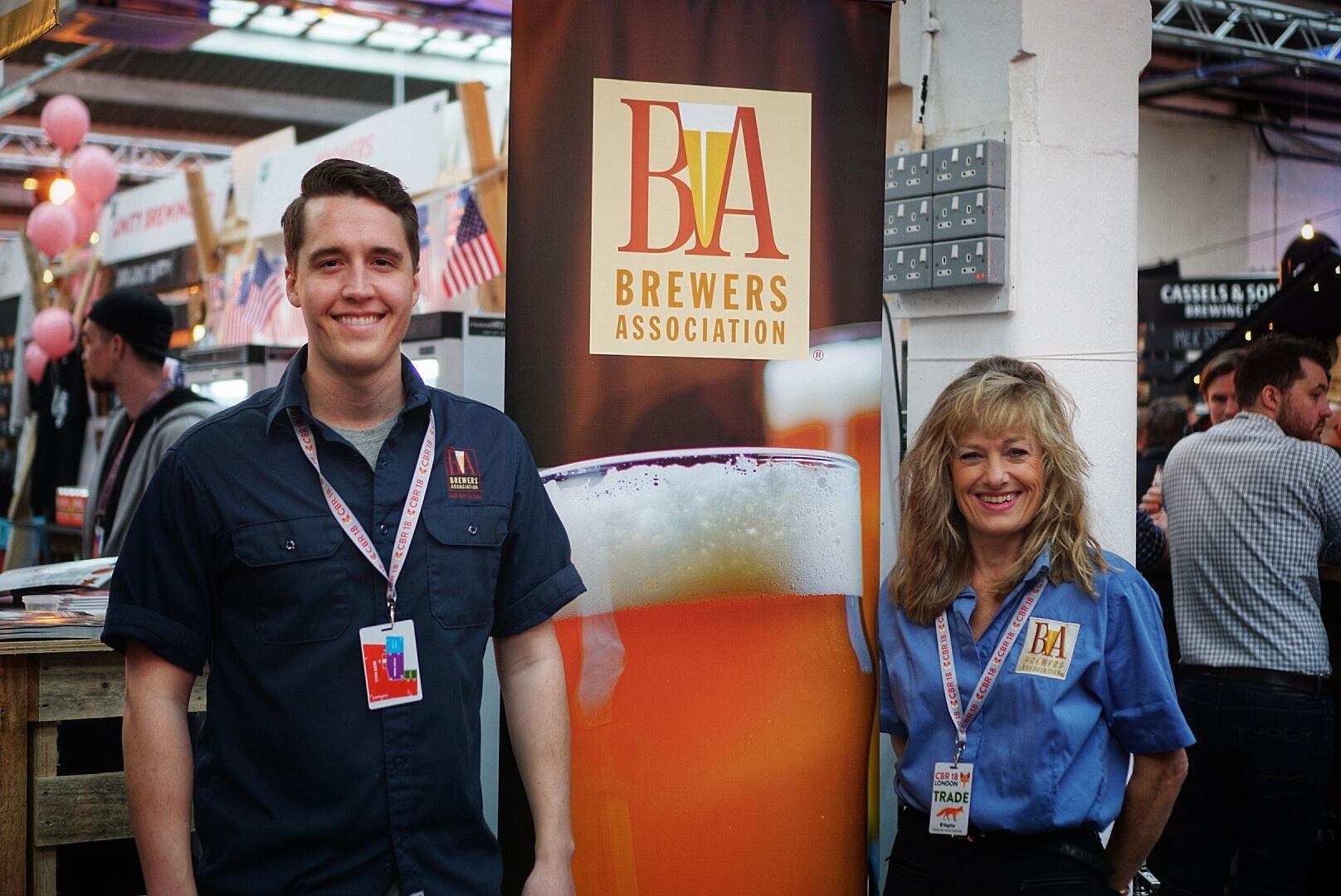The event, now in its sixth year, showcased beers from more than 175 breweries around the world to in excess of 12,000 attendees, as well as live music, street food, cocktails and more.
The Morning Advertiser headed over to Shoreditch to find out about the biggest beer trends that pubs should look out for this year.
Low and No ABV
The move towards more mindful drinking has been going on for some time now, with 20.9% of adults now saying they do not drink alcohol at all. Drinks companies of all varieties are now scrambling to tap into this lucrative market, and craft beer is no exception. At Craft Beer Rising, Infinite Session, a new brewery dedicated to producing 0.5% ABV beers was officially launched.
Founded by brothers Chris and Tom Hannaway, Infinite Session are currently producing their first beer, a pale ale brewed with Galena, Equinot and Mosaic hops, at Sambrook’s Brewery. The beer is available in bottles and on draught, and contains just 35kcal per bottle.
“Tom and I like a drink just as much as anyone; we’re not teetotal or anything,” Chris Hannaway explains. “But we wanted to make a beer that you could knock back if you’re out playing football the next day and not have to worry about the consequences.”
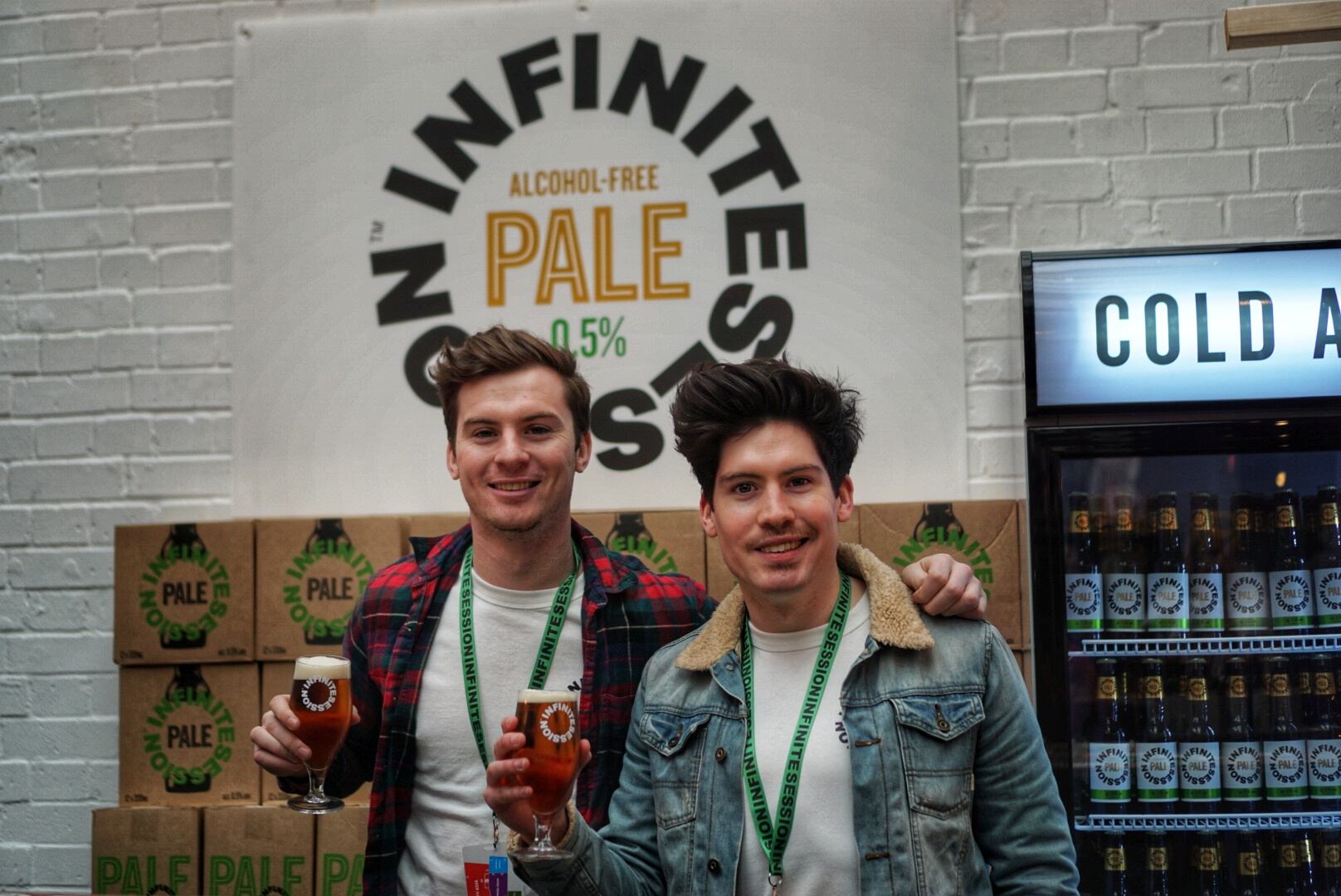
Kettle Sours
In days gone by, a sour pint of beer was usually good reason to head back to the bar and demand a refund. Now, however, tart beers are being produced by brewers across the land. Traditional methods of producing sourness, however, run the risk of cross contamination and wild yeast outbreaks that could spoil huge batches of beer and cripple a small brewery. Hence, an increasingly popular method of lowering the pH of a beer and producing acidity is kettle souring.
This process, described eloquently by Wild Card head brewer Jaega Wise as the “quick and dirty” method of souring, involves the addition of lactic acid bacteria cultures to the sweet wort before the beer undgoes a regular ‘clean’ fermentation. The end result is a clean, crisp and tart beer, often enhanced by the addition of fruit.
At Craft Beer Rising, kettle sours were available left, right and centre. Fourpure, London Fields, Wild Card, Thornbridge and more were all proudly displaying their tart creations. The highlight, however, was Tiny Rebel brewery’s Cheeky V, a mixed berry sour inspired by a particularly famous soft drink.
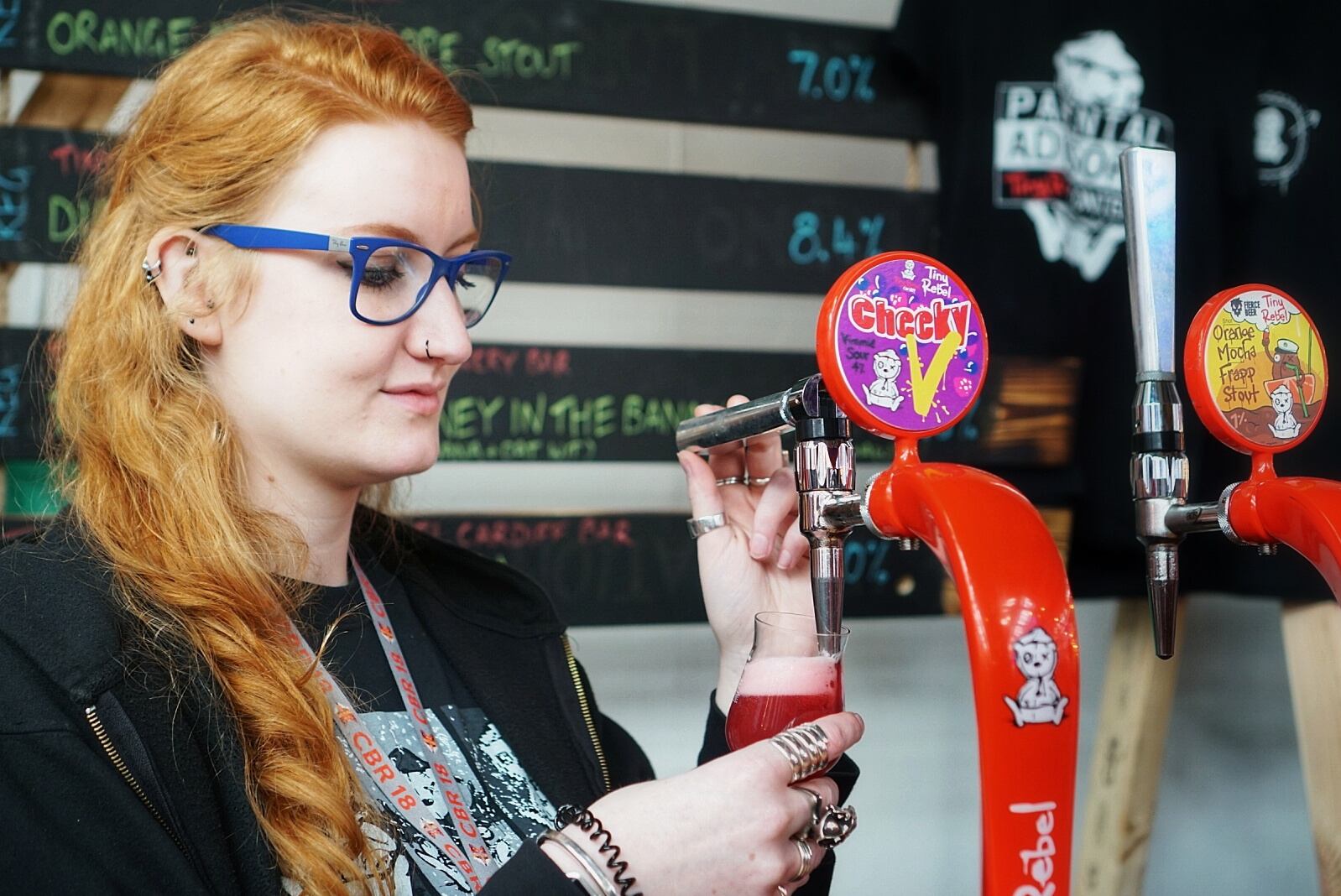
Big meets small
A lot has been said within the craft beer community in the past about the pervasive influence of ‘Big Beer.’ The growing popularity of smaller producers is concerning to larger multi-national brewing companies, and hence there have been a number of high-profile acquisitions of craft breweries by larger drinks companies in recent years.
These types of takeovers are usually bemoaned and greeted with hostility by the beer community, but at Craft Beer Rising, big beer and small beer stood side by side, while a number of the new acquisitions were given free rein to showcase the innovation and passion which made them such desirable purchases in the first place.
“For us, working with Carlsberg is hugely beneficial,” says Martin Entwistle, managing director of the recently relaunched London Fields Brewery. “We get access to their knowledge, expertise and distribution networks, while maintaining the independence and freedom to experiment and do what we do best.”
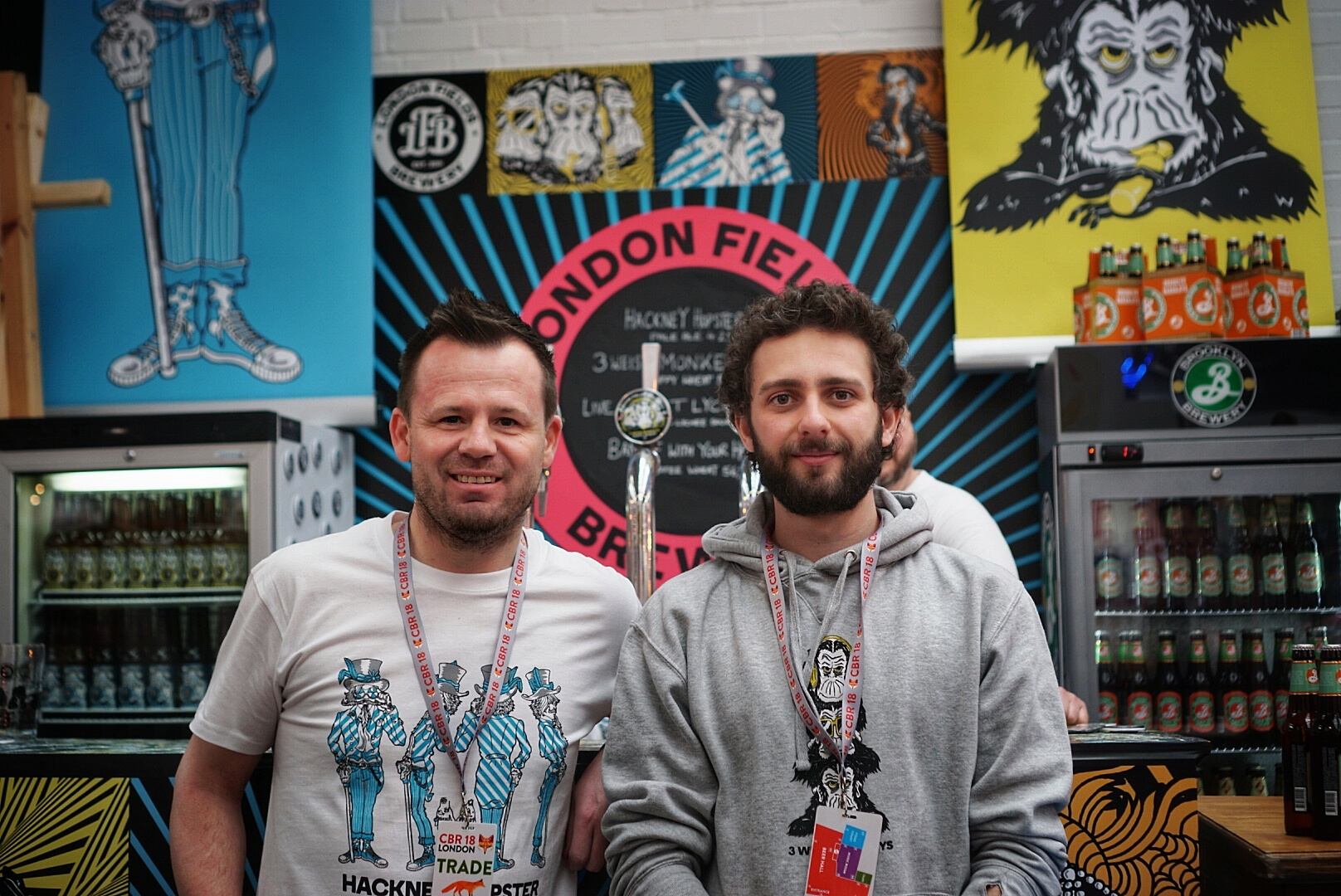
Diversity
Less of a trend and more of an ongoing movement, the calls for greater diversity in the beer community have never been louder. There are now a small group of vocal campaigners within the craft sector championing the need for greater representation within the sector, and their voices are increasingly being heard by the industry at large.
At Craft Beer Rising, beer writer Melissa Cole made the pertinent point that although much progress on the sexism debate has been made, the “white elephant” of diversity in the broader sense still requires urgent attention.
In a respectful, informative and entertaining debate chaired by Cole at the festival, members of under-represented groups working within the craft beer community gave their suggestions as to how the industry could be more welcoming and inclusive.
Among the suggestions included an industry code of conduct for branding, and greater proliferation of gender neutral toilets in venues and at festivals.
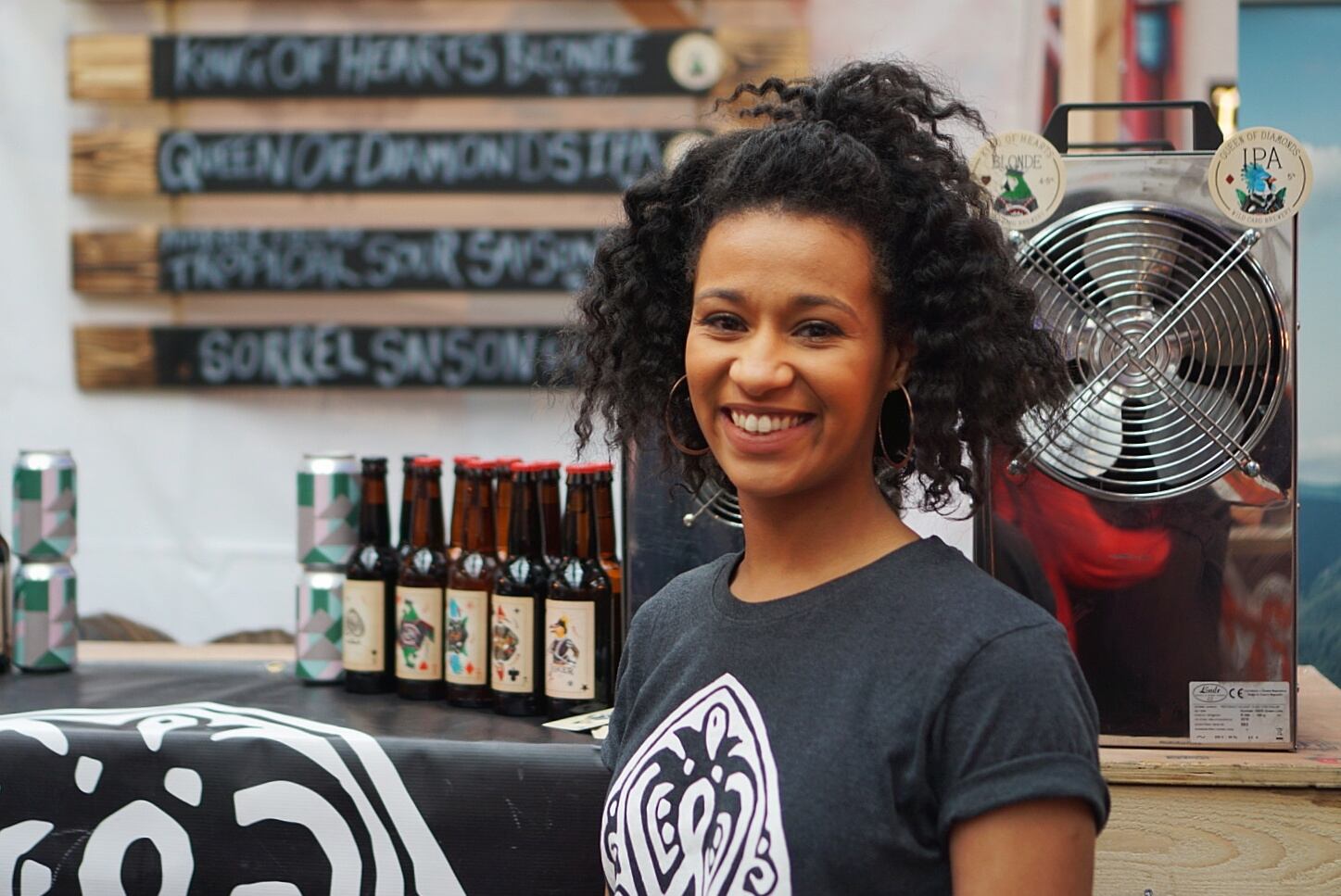
Canned beer
It used to be the case that canned beer was an indication of cheap, bland lager, or super strength Continental brews. However, thanks to improvements in technology, craft breweries are now making cans their packaging method of choice for their products.
This move has been particularly prevalent across the pond in the United States, where canned beer sales now make up 16.7% of total craft production and 28.5% of all packaged product, according to The Brewers Association.
“Sustainability is now a massive thing for breweries in the US, and cans are much more easily recyclable which makes them highly desirable for craft brewers,” Steve Parr, export development programme manager at The Brewers Association explains. ”They’re also lighter, more portable and less prone to light and oxygen inclusion, which can damage the finished product and produce off flavours.”
The UK market is also cottoning on to the benefits of canned beer in a big way, and it’s something we’ll likely see more breweries turning to in the future.
